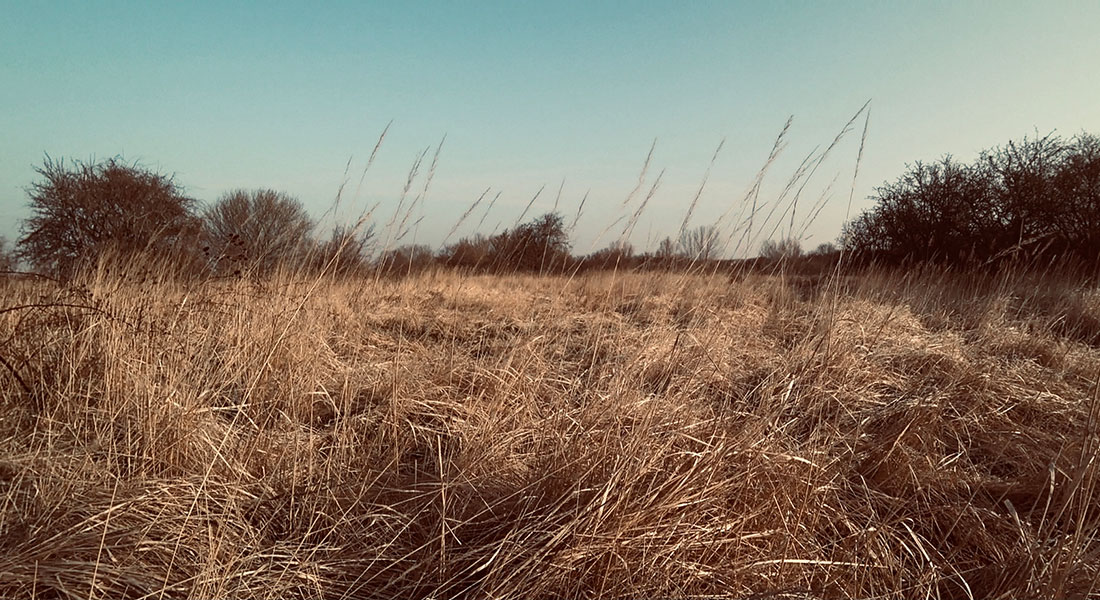CANCELLED: Listening After Nature

Part of a workshop and lecture series in three iterations with Daniela Medina Poch, Mark Peter Wright and Tim Rudbøg respectively, facilitated by Bureau for Listening.
Applied Ecological Listening is a three-part series of outdoor workshops and lectures that invites artists, researchers, and members of the public to explore listening as an embodied and situated ecological practice. Hosted at Amager Fælled—a now protected natural area shaped by a layered history of military use, landfilling, and ongoing care and struggle—the programme unfolds within a landscape that embodies the call to explore listening in search of a reorientation toward ecological transformation, resistance, and resilience.
The programme asks: how might we listen differently in a time of climate crisis and ecological transformation? What kind of applied ecological listening does our time require? How can we cultivate a mode of attention attuned not only to what is voiced and sounding, but also to what is silenced, omitted, or unheard? Applied Ecological Listening is an invitation to shift the dominant logics of perception—away from extractive seeing, knowing, and naming—toward a practice of being-with, sensing-with, and listening-with the entangled worlds we inhabit.
Through a series of field-based and experimental lectures, workshops, and collective reflections, the series approaches listening not only as a sensory mode, but as a critical method for attuning to the complex entanglements of ecological life—practicing listening as a way of noticing relations across species, histories, and material traces; of sensing what is present, what is not known, and what is yet to be heard.
Over the course of the series, Bureau for Listening will facilitate the gathering and production of various outputs and forms of documentation, in collaboration with the invited ‘speakers’ and participants—for example, an Applied Ecological Listening Manifesto, listening prompts, and poetic fragments—which will be published at the end of the series.
Mark Peter Wright
Mark Peter Wright is an artist, researcher and writer working at the intersection of sound arts, experimental pedagogy and critical theory. His book Listening After Nature is published by Bloomsbury, 2022/23.
Wright’s practice investigates relations between humans and animals, geographies and technologies, observers and subjects. Ongoing questions include: how does environmental sound convey complex geopolitical meaning? How can technology be practiced with eco-critical sensitivity? Working between field and lab, site and gallery, he amplifies power and poetics in sound and documentary media.
He collaborates extensively: with Helena Hunter on Matterlurgy; with Salomé Voegelin on Points of Listening; and with Angus Carlyle on performances exploring listening and recording.
He has exhibited internationally at venues including TATE, ICA, MIMA, and Onassis Stegi, and published in Journal of Sonic Studies, Evental Aesthetics, Sensate, and Leonardo Music Journal.
Bureaufor Listening
Bureau for Listening is an artist- and research-led platform investigating listening as a critical, empathic and artistic practice. Operating nomadically and transdisciplinarily, the Bureau works across sound, philosophy, and performance.
Its projects explore how listening can unsettle dominant knowledge systems and open spaces for collective inquiry, care, and attentiveness. Through experimental methods and collaborative formats, the Bureau approaches listening not merely as a sensory act, but as a situated and transformative mode of relation.
Bureau for Listening initiates and curates workshops, public programs, research gatherings, and publishing projects, often in collaboration with institutions and informal networks. It is a partner in organizing the Copenhagen manifestation of The Listening Biennial.
The Listening Biennial
The Listening Biennial is an international artistic and research initiative that highlights listening as a relational capacity—a philosophical, political, creative, and research-driven practice .
The Biennial operates as a decentralized global platform, commissioning audio works, performances, and discursive programs across cities. Embracing radical empathy, ecological attunement, sonic storytelling, and interspecies dialogues, it asks: how can listening dismantle exclusion, human exceptionalism, and entrenched power structures?
Since its launch in 2021, The Listening Biennial has grown through local “manifestations” with partner venues and institutions. It also runs the Listening Academy, a series of workshops and seminars on listening as creative practice, in cities like Berlin, Delhi, Hong Kong, and Skopje.
Under a network of artists, curators, scholars, and collectives, the Biennial fosters an ecology of attention, encouraging participatory, attuned, and diverse listening cultures worldwide.
